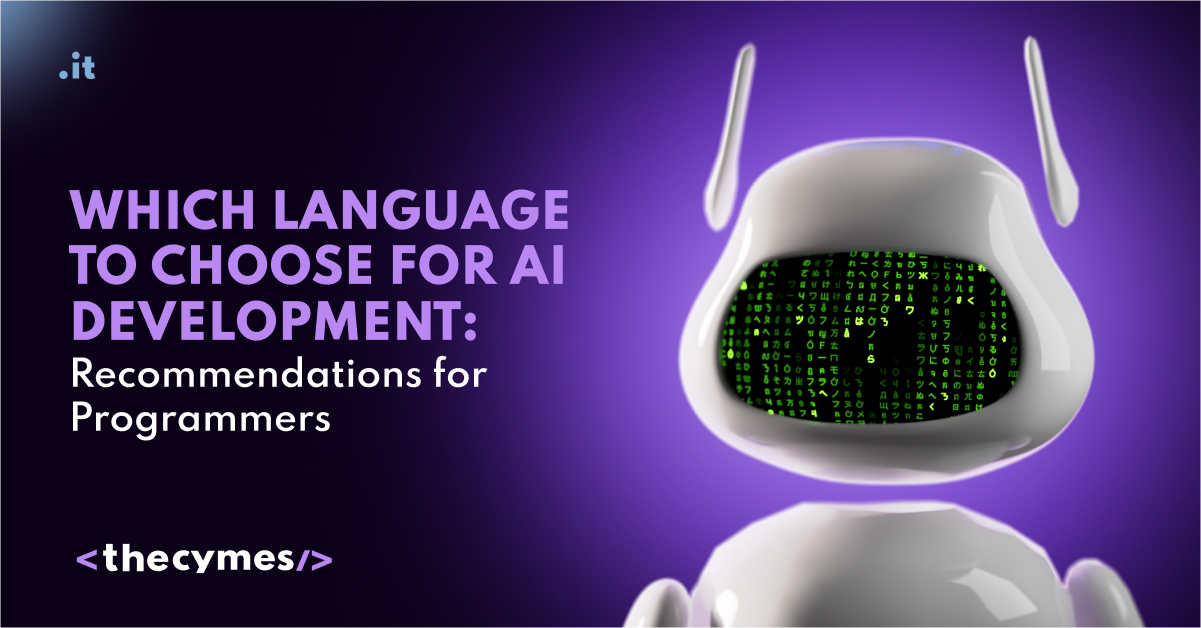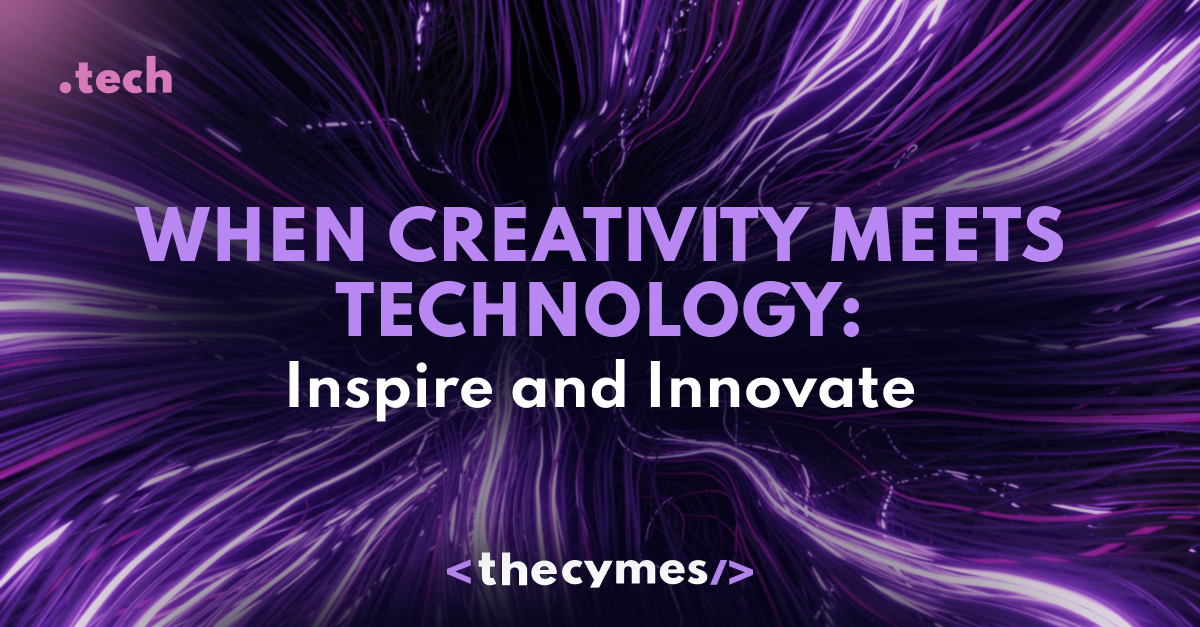.it/tech17 September 08:13
0<
Which Language to Choose for AI Development: Recommendations for Programmers
/>Are you ready to hack the matrix and explore what you’re truly capable of? be updated on the latest tech newsGet exclusive news updates and overview on tech market




